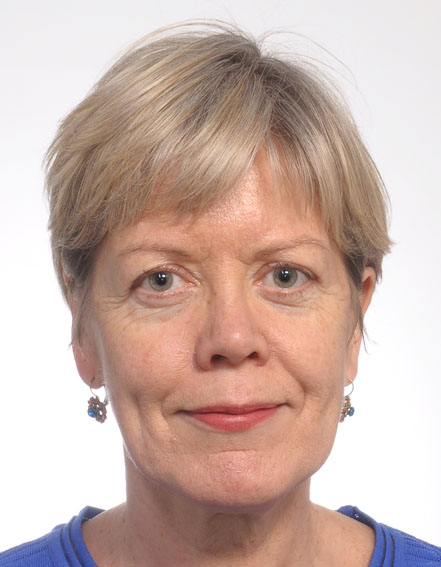When I started my Doctorate of Business Administration at Grenoble Ecole de Management four years ago, about 20 years had passed since I had earned my PhD in Chemistry. Since that milestone, I had been in several senior business management positions, and I had founded my own consulting company. So, even though I had gained much professional experience, I realized that I was not completely sure about what I would expect from a DBA. But, I was certain that it was going to be an intellectual challenge and that I was willing to embrace it.
My DBA motivations
Generally, professionals have various motivations when they decide to start a DBA: the desire to make a transition from industry to academia; the willingness to gain a different perspective or deeper understanding of business for their work as managers or consultants; or the wish to have access to very senior management positions.
Personally, I wanted to embrace the intellectual challenge of a DBA because I was interested in gaining the skills to look at business from new perspectives. After several years in industry, I realized that my knowledge of business based on managerial practices had some gaps. I reckoned that I needed to get new perspectives to answer questions like: “why do managers or entrepreneurs make certain decisions?”, “what should managers or entrepreneurs be aware of to cope with the unpredictability of the business?” or “why do entrepreneurs sometimes fail to bring to market very promising technologies?”
The knowledge that I had built as a practitioner allowed me to find answers, but that didn’t satisfy me enough. I wanted a deeper understanding of business situations I had encountered, and I thought that whatever I could learn from my work in the field wouldn’t provide me with the means to gain the knowledge I was looking for.
The art of observing reality from different angles
Maybe my openness to answering these sorts of questions was rooted in my background. As someone with a scientific education, I have always valued the importance of understanding the reasons why things happen and of identifying the mechanisms that explain and describe the complexity of reality. As a practitioner with a scientific mind-set, I consider this kind of knowledge not mere intellectual curiosity; rather, I realized it is essential for finding solutions to business issues and for adding value to the work in enterprises.
Often, cost constraints and the typical fast pace in companies oblige managers and consultants to adopt schemas and to follow conventionally accepted paths and practices. In sometimes doing so, little room is left to explore areas that would enable seeing a situation in its real complexity. My particular experience in high-tech companies made me aware that more often, entrepreneurs and managers are required to cope with highly unpredictable businesses based on fast-developing technologies. In these situations, the usual formats or standard, “ready-made” approaches are not enough. It is necessary to go beyond these and follow unconventional paths. It’s essential to have an open mind-set and observe the reality of business from different points of view and then apply a scientific mind-set to see the cause-and-effect relations in the events.
Lessons learned from my DBA experience
I realize now that when I started my DBA, I followed my scientific mind-set, my inclination to explore, investigate, and become aware of the way things actually work. I thought I could acquire the skills for in-depth understanding of business by identifying sometimes-neglected aspects, and by doing so, I could offer my clients a really valuable contribution by solving their business issues.
Now, I am writing my thesis and my DBA journey is almost at its end. I finally realize what to expect from a Doctorate of Business Administration: the means that allow me to dramatically sharpen my logical skills and to develop an open mind-set. The combination of these two elements enables me to understand the complexity of business by using creativity, with a scientific approach, and to avoid both oversimplification and over complication when addressing real business cases.
By Ritalba Lamendola, Grenoble Ecole de Management, DBA student
Watch our video “Doctoral research: the differences between a PhD and a DBA“






